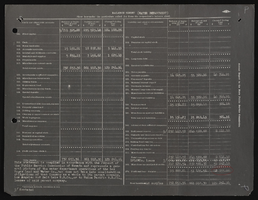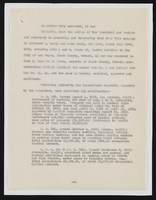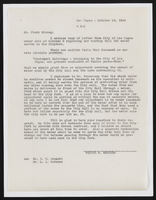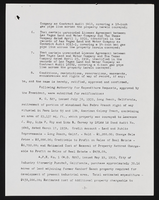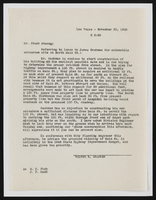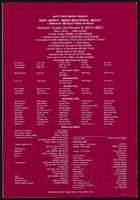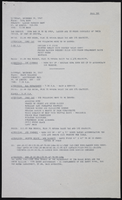Search the Special Collections and Archives Portal
Search Results

Letter from G. J. Sylvain, M. D. (Las Vegas) to Mr. Folger (Las Vegas), March 28, 1949
Date
1949-03-28
Archival Collection
Description
The County Department of Health was going to add oil to the effluent to kill mosquitos, and asked the Las Vegas Land and Water Company to report excess oil running onto their land.
Text

Letter from Joseph Irving (Las Vegas) to A. M. Folger (Las Vegas), February 27, 1948
Date
1948-02-27
Archival Collection
Description
Estimate for the drilling of a well on the Las Vegas Ranch.
Text
Pagination
Refine my results
Content Type
Creator or Contributor
Subject
Archival Collection
Digital Project
Resource Type
Year
Material Type
Place
Language
Records Classification

